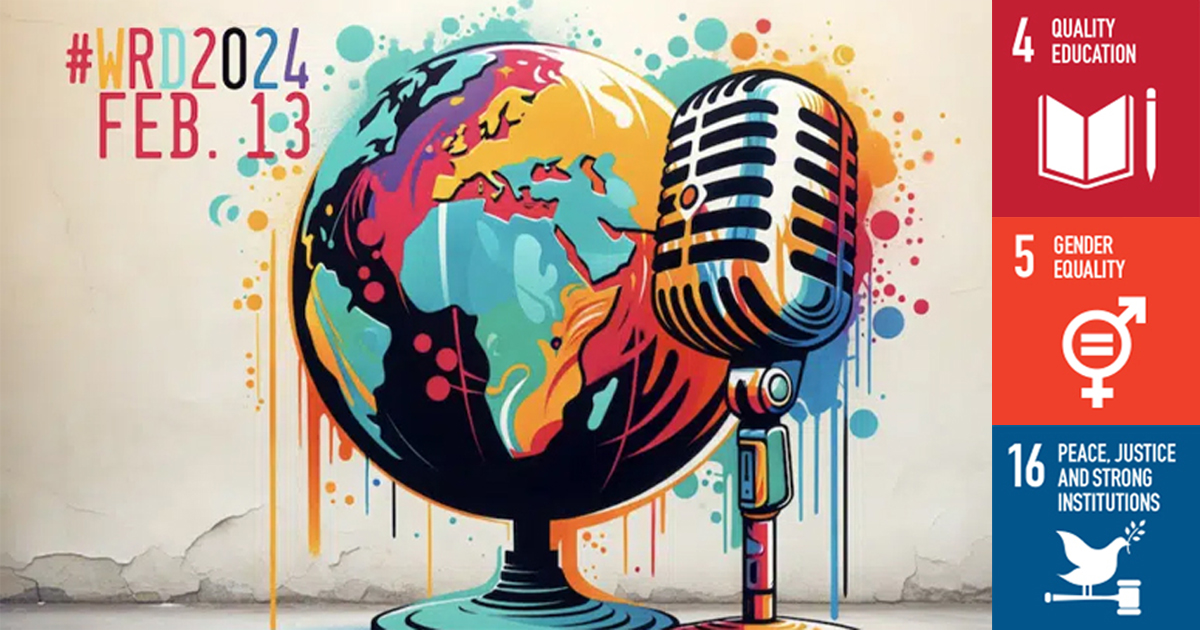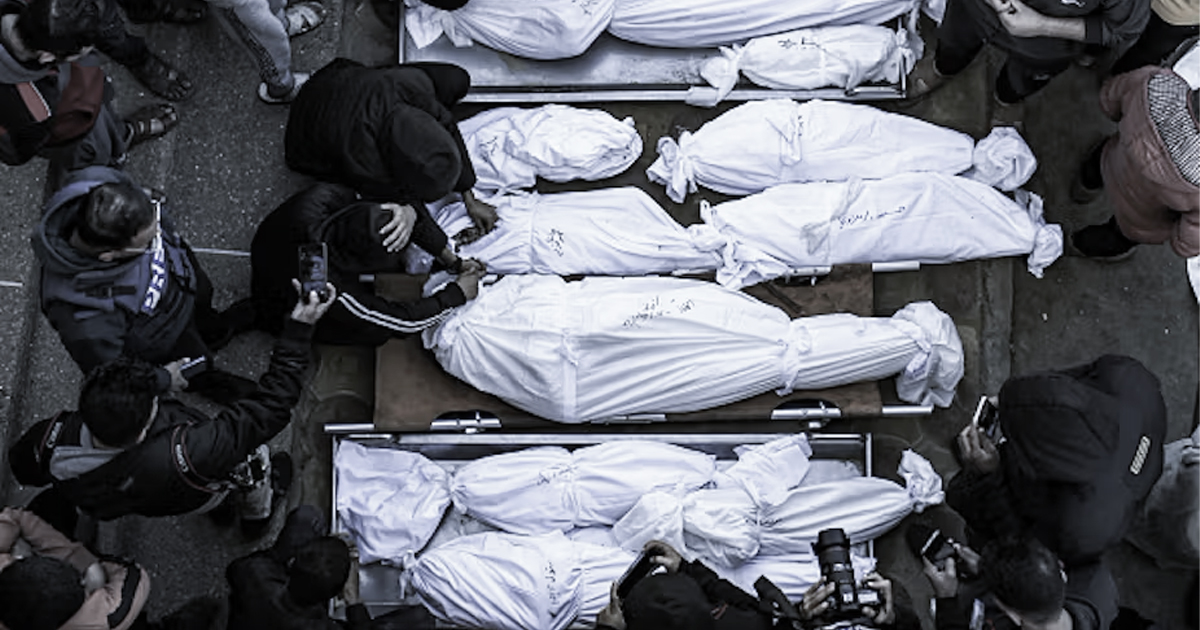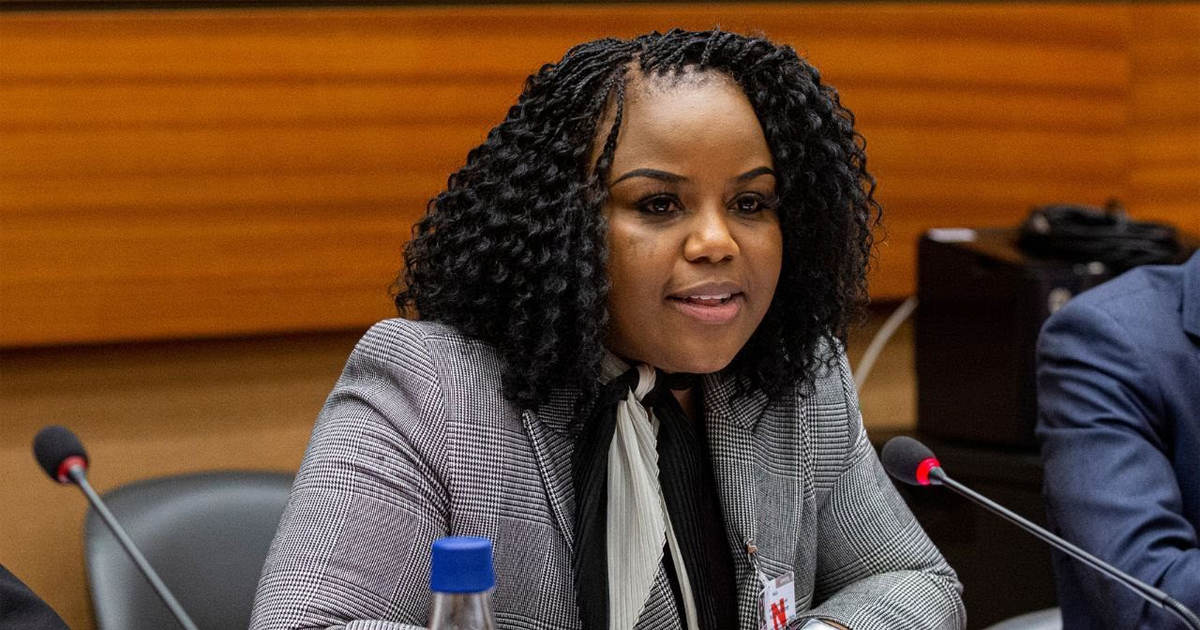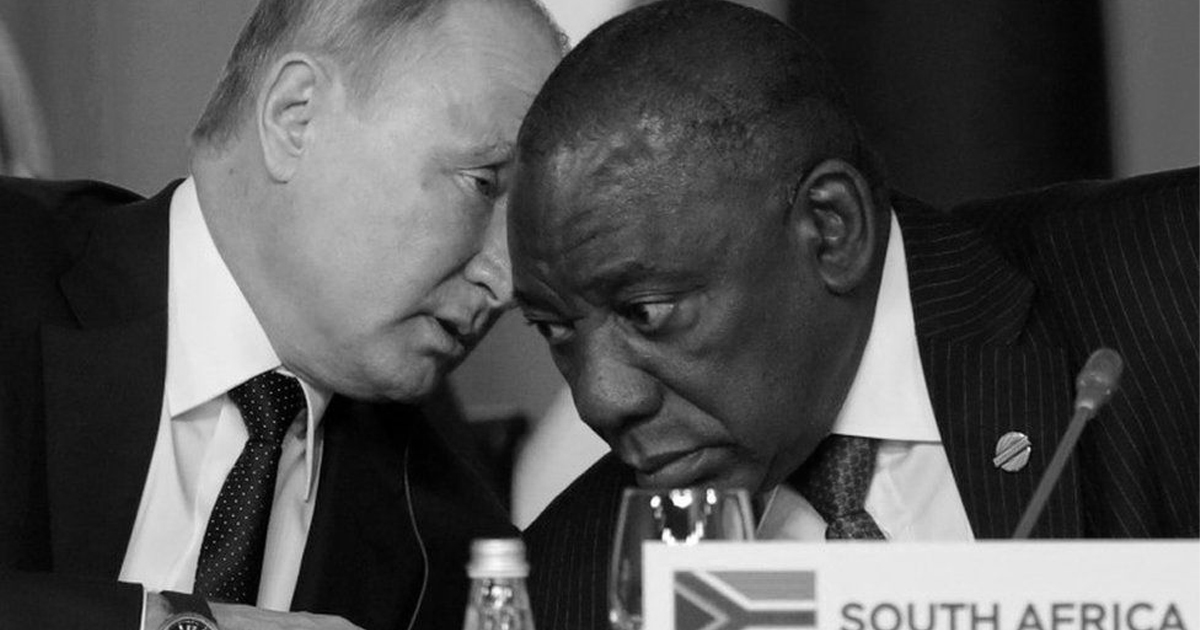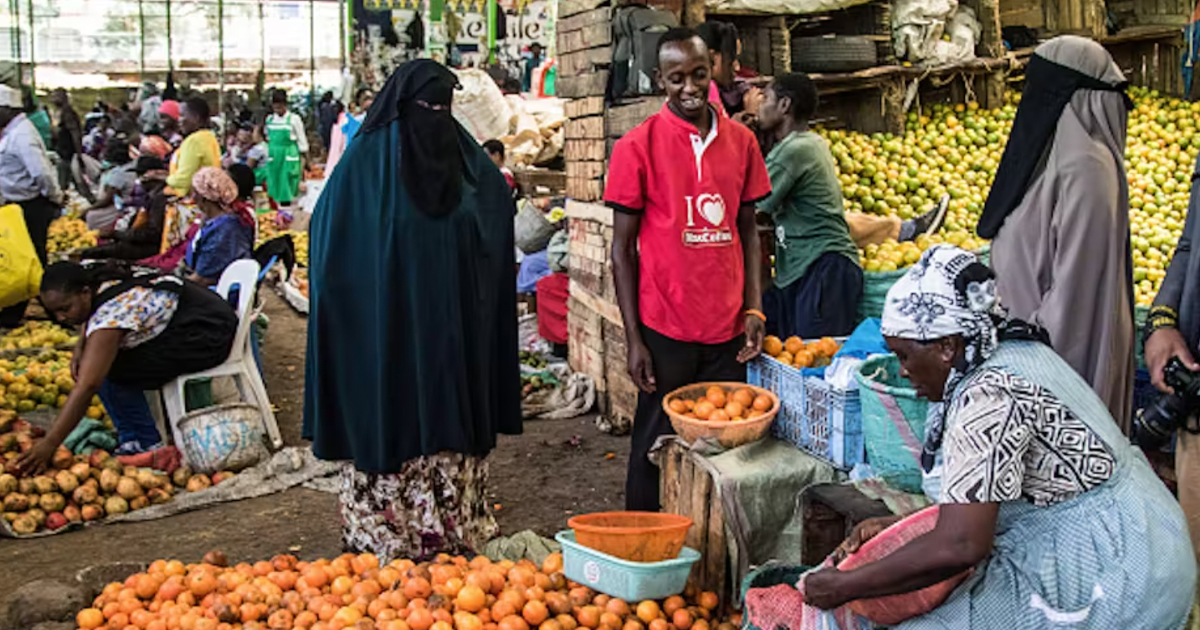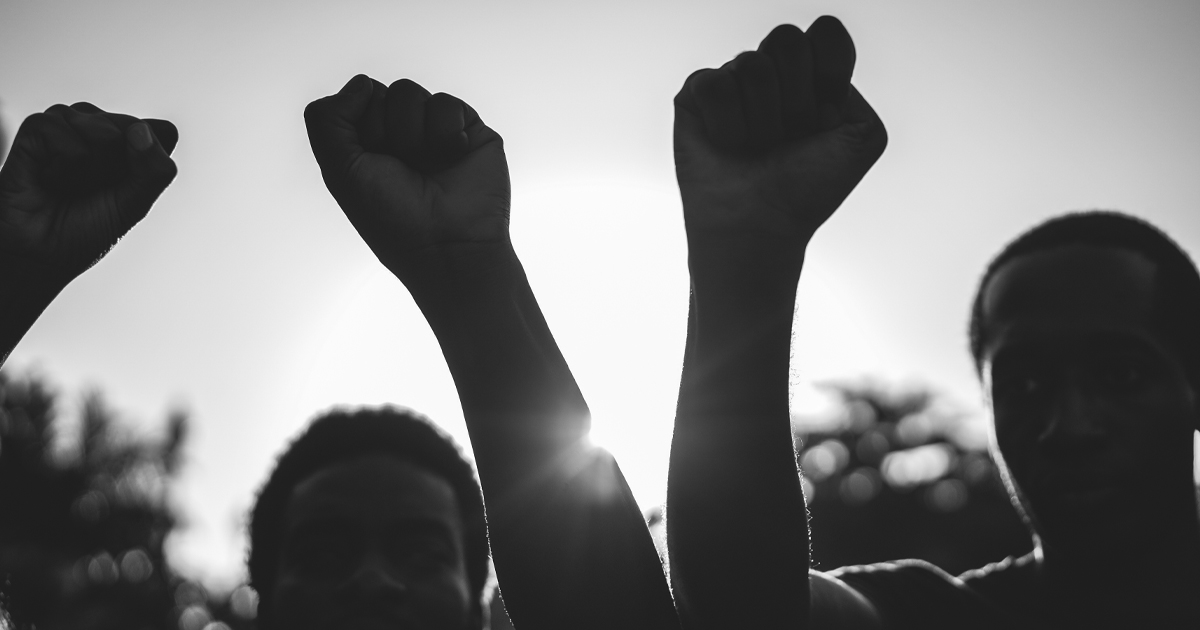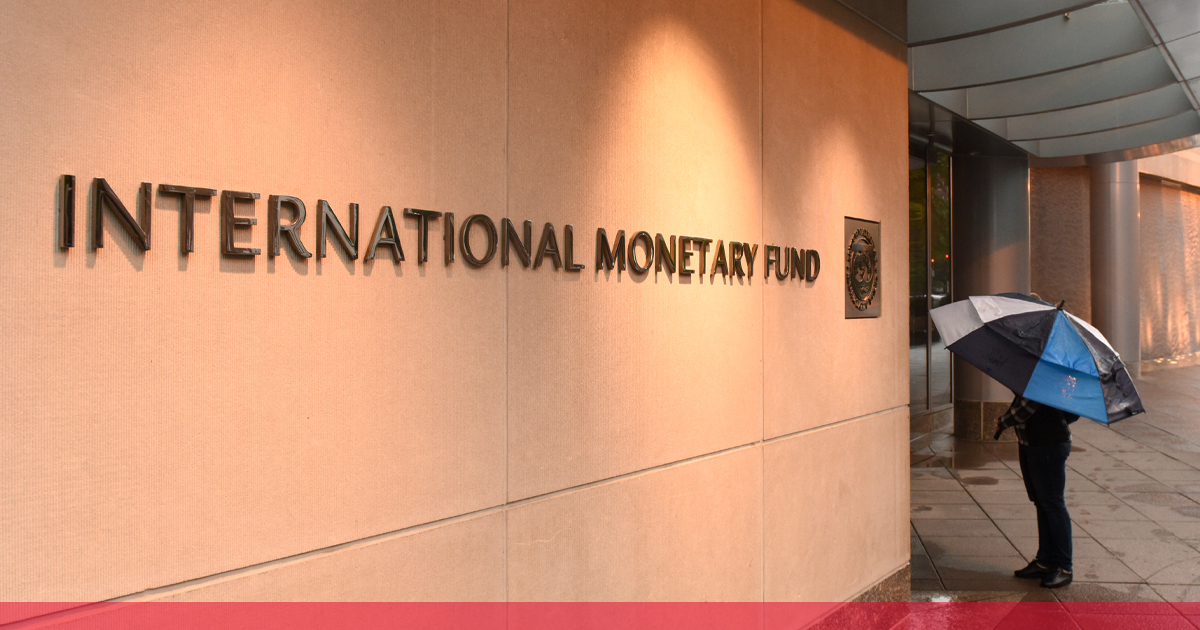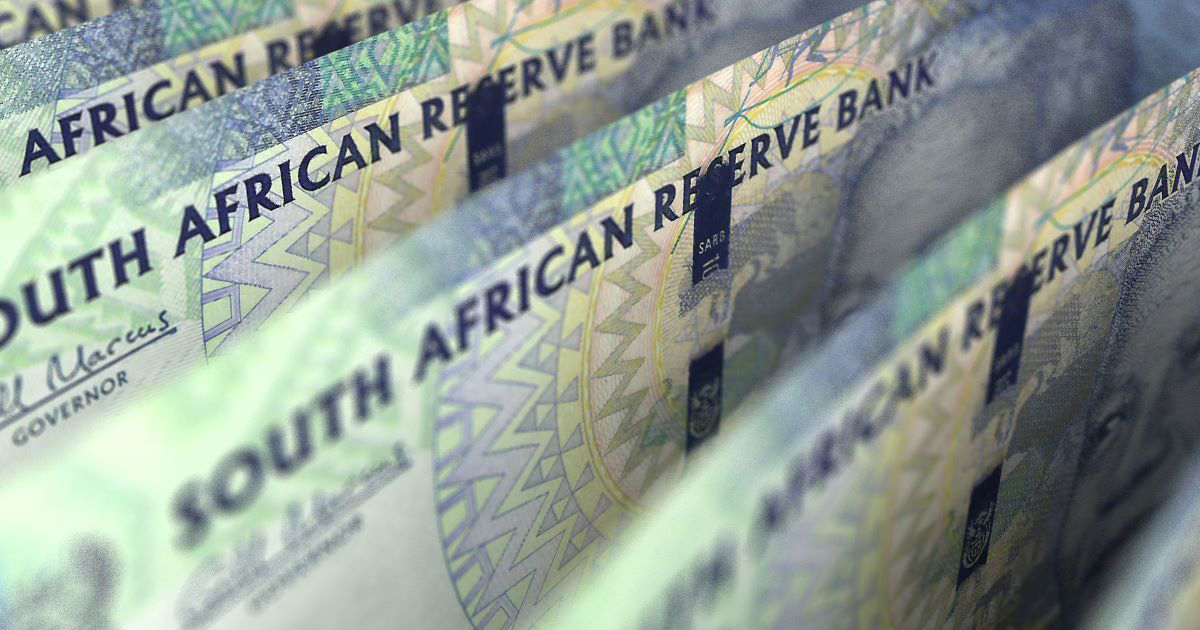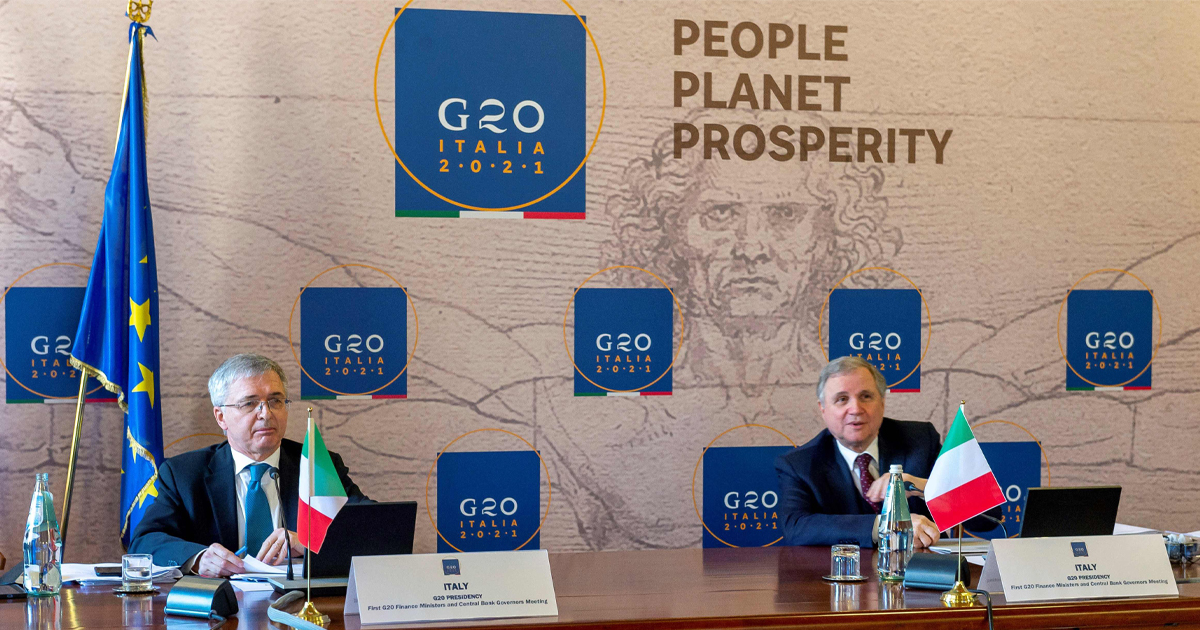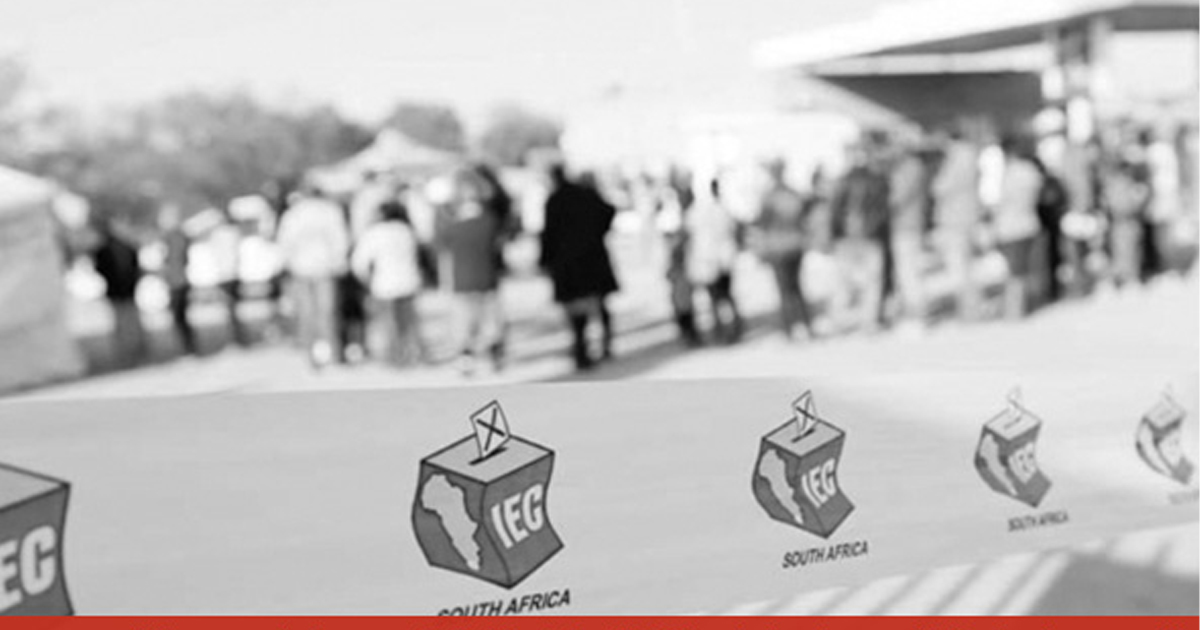- Details
The Centre for Human Rights, Faculty of Law, University of Pretoria (the Centre) stands in solidarity with the global community in observance of World Radio Day, celebrated on 13 February annually. World Radio Day emerged from a proclamation in 2011 by UNESCO member states before being endorsed by the UN General Assembly in 2013. The day is commemorated in recognition of the significance of radio as a medium for accessible communication across the globe.
- Details
By Prof Magnus Killander
The International Court of Justice (ICJ) will be holding public hearings on 11-12 January at the Peace Palace in The Hague, the seat of the court, in a case brought by South Africa against Israel. South Africa has accused Israel of violating the 1948 Genocide Convention in its military bombardment and siege of Gaza, which started after the deadly 7 October Hamas attack on Israel. Both Israel and South Africa have ratified the genocide convention. We [The Conversation] asked human rights and international law expert Magnus Killander for his insights.
- Details
By Bonolo Makgale and Nyasha M Mpani
"The revolution cannot triumph without the emancipation of women” — Thomas Sankara. Women on the African continent make up 50% of the population. Yet they continue to face discrimination, inequality and lack of access to equal opportunities.
- Details
The current legal obligation on South Africa in terms of domestic and international law and legal precedent is absolutely clear: the government must arrest and surrender Vladimir Putin to the International Criminal Court (ICC) should he enter South African territory.
- Details
by Professor Daniel Bradlow
Inflation is a global problem. At the end of August, it was 8.3% in the US and 9.1% in the Euro area. It is 20.3% in Nigeria, 25% in Malawi, and over 30% in Ethiopia and Ghana.
The impact on Africa is devastating. The International Energy Agency estimates that by the end of the year 30 million more Africans will be unable to afford fuel for cooking. The World Bank estimates the number of Africans living in extreme poverty will increase from 424 million in 2019 to 463 million this year.
- Details
Civil Society Organisations (CSOs) play an important and ever-shifting role in African politics and influence the power dynamics on the continent. A vibrant and functioning CSO sector is essential to African societies and their development in various ways, including lobbying for the protection of human rights, amplifying civil voices and acting as external oversight bodies, holding African governments to account. CSOs' influence on policy-making on the continent is essential as they represent the interests of various groups. One of the African Union (AU) organs that facilitates the involvement of African CSOs and, ultimately, the African citizenry is the AU Economic, Social & Cultural Council (ECOSOCC). Established in 2004 by way of Articles 2 and 25 of the AU Constitutive Act, as an advisory body to the AU, this organ provides a platform for representation and involvement of African CSOs in decision-making on the continent through influencing AU policies, programmes and principles. Key areas of ECOSOCC's work in this regard are upholding the principles and policies of the AU by advising on and evaluating these programmes; undertaking studies and making recommendations; and contributing to the promotion of human rights, the rule of law, good governance, and democratic principles.
- Details
by Professor Daniel Bradlow
In most rich countries the news that a mission from the International Monetary Fund (IMF) is coming to visit is met with indifference. But, in most African countries the news can cause great consternation.
- Details
Dear minister Enoch Godongwana
As you prepare for your first budget speech we urge you to provide the South African public with a full picture of how the government has used the resources it has received from international financial institutions (IFIs) and to announce the establishment of a South African IFI engagement group.
- Details
Climate change is a devilishly complex challenge that affects all aspects of our lives. It affects weather patterns, biodiversity, access to and sustainability of water and land resources, air pollution, inequality, employment, industrial production, distribution and consumption, and migration patterns.
- Details
South Africa’s local government elections, to elect the municipal tier of government, are constitutionally mandated through section 159 of the Constitution of South Africa to take place every five years. These elections were scheduled to take place towards the end of 2021 and have been the subject of great deliberation in the nation. Conducting elections during a pandemic has been the subject of much debate on the continent and worldwide, with certain countries choosing to continue with elections amid the pandemic and others choosing to postpone their elections amid concerns of the risks involved. Nations on the continent that have held elections during the pandemic include Zambia, Malawi, Ghana, Rwanda, Uganda and Côte d’Ivoire. Given the extent of the risks of holding elections during the pandemic and mixed calls on whether to postpone or continue with elections in the nation, the Independent Electoral Commission (IEC) of South Africa ordered an inquiry commission to determine the nation’s capacity to hold free, fair elections during the initially scheduled period in October.

